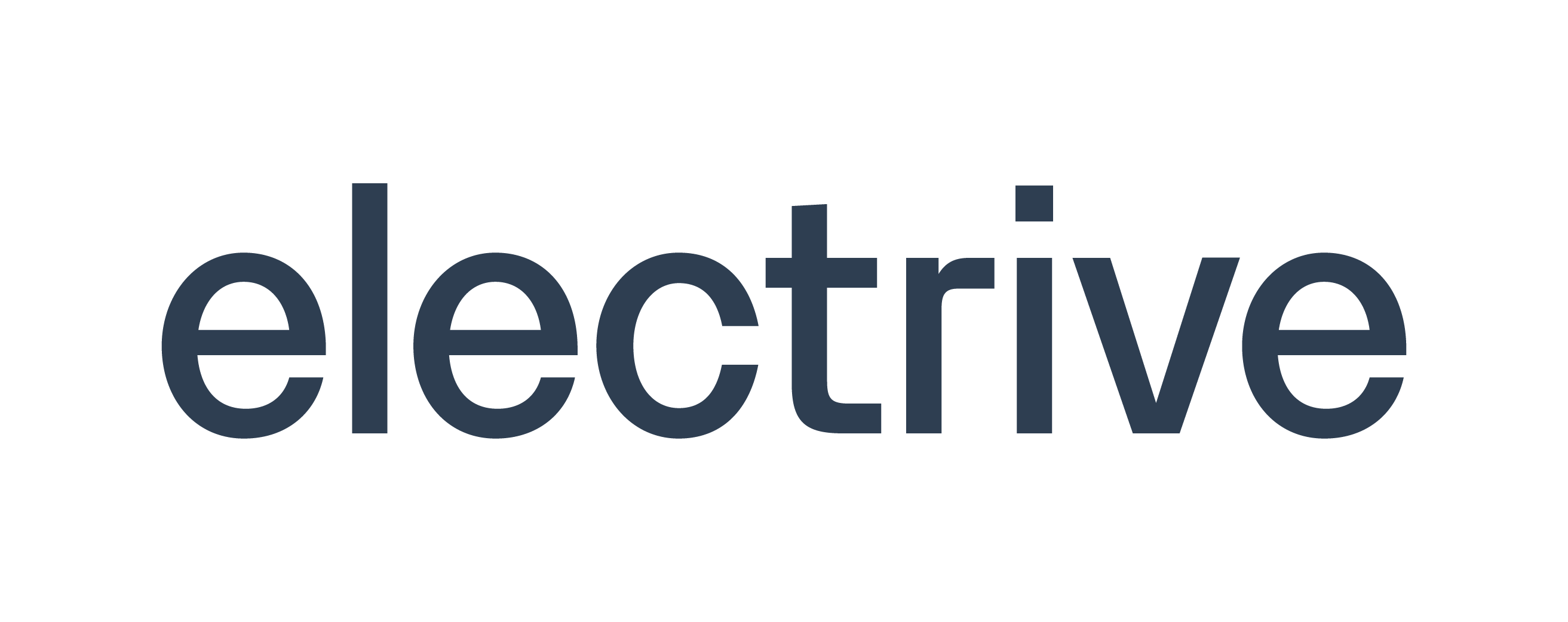Across the globe, the power sector is navigating one of the most profound transitions in its history.
Introduction
Across the globe, the power sector is navigating one of the most profound transitions in its history. Driven by climate urgency, digitalization, and changing consumer expectations, the energy industry is being redefined. But beyond the technologies and policies, there is another force propelling this transformation—people. More specifically, women.
Long underrepresented in engineering, energy, and infrastructure, women are increasingly stepping into roles where they influence the design, implementation, and direction of tomorrow’s power systems. And as the sector pushes toward innovation and resilience, their contribution is not just timely, it is essential.
The Sector’s Shift
Modern energy systems are no longer built solely on efficiency and capacity. Today, the conversation includes sustainability, equity, and long-term adaptability. This expanded vision has introduced new challenges—balancing decentralization, integrating renewables, navigating digital infrastructure, and building climate-resilient grids.
In such a dynamic environment, diversity is not a luxury, it is a necessity. A diversity of experience, perspective, and leadership styles helps tackle problems with greater creativity and more sustainable outcomes. Gender inclusion, then, becomes more than a social goal; it becomes a strategic imperative.
Progress in Motion
Still, encouraging progress is being made. More women are taking the lead on projects in clean energy, engineering innovation, and grid modernization. From utility boardrooms to factory floors, female professionals are helping solve some of the sector’s most complex challenges—often while championing more inclusive policies and people-centered approaches.
Government and private programs focused on STEM outreach, scholarships, and leadership training for women in energy are also growing. These initiatives help build confidence and pathways for early-career professionals to enter and thrive in the field.
Inclusion Isn’t Just About Representation
Empowering women in the power sector is not only about increasing numbers. It is about fostering inclusive environments where diverse leadership can flourish. Research consistently shows that companies with more gender-diverse teams outperform on innovation, decision-making, and long-term performance.
It is also about challenging assumptions. When women are visible in technical, strategic, and executive roles, the perception of what leadership “looks like” in the energy industry evolves. This has ripple effects across education systems, hiring practices, and community engagement strategies.
Importantly, it also improves sector responsiveness to the needs of society. After all, energy is not just a technical field, it is foundational to modern life. Whether you are bringing first-time power to a remote village or digitizing an urban grid, the way we plan, generate, and distribute energy shapes daily life today and the socio-economic and environmental outlook for tomorrow. The more diverse the perspectives informing those decisions, the more equitable and effective the solutions.
The Gender Gap Remains
Despite growing awareness, the gender gap in the power sector persists. According to the International Renewable Energy Agency (IRENA), women make up only about 32% of the renewable energy workforce and an even smaller fraction in traditional power generation and transmission roles. Leadership representation is thinner still.
Why does this gap remain? Barriers range from the visible—like lack of representation and mentorship—to the subtle: workplace culture, inflexible policies, and unconscious biases that influence who gets hired, heard, and promoted.
Addressing Systemic Challenges
To move the needle further, systemic issues must be addressed:
- Workplace flexibility needs to become standard—not an exception.
- Mentorship and sponsorship programs should be actively cultivated to bridge generational gaps and expand access to leadership.
- Pay equity and transparent promotion structures are non-negotiable.
- Cultural change is essential. True inclusion goes beyond recruitment—it requires rethinking how talent is valued, retained, and heard.
It is equally important to support men in becoming allies—fostering teams where gender equity is seen as a shared responsibility, not a niche interest.
A Broader Call to Action
Empowering women in the energy transition requires collaboration between governments, industries, educators, and communities. Some key steps include:
- Incentivizing inclusive hiring through regulatory frameworks and procurement policies.
- Supporting STEM education at initial stages to expand the talent pool.
- Creating visibility for women in technical and leadership roles at conferences, in media, and in company narratives.
- Benchmarking and accountability: tracking progress transparently helps turn intention into impact.
These actions not only help balance gender disparities, but they also help build a sector that is more reflective of the communities it serves.
Looking Ahead
The energy transition is more than decarbonization—it is a wholesale transformation of how we generate, distribute, and use power, and of the leadership guiding that change. Women are central to this shift, driving breakthrough storage research, engineering resilient grids, crafting forward-thinking policies, and steering companies toward innovation. To build an energy sector that is sustainable, secure, and socially responsive, we must mirror the diversity of the communities it serves, actively championing women’s skills, perspectives, and leadership. The future of power depends not only on technology but on who shapes it—and women must be at every level, in every decision and behind every breakthrough.

Strategic Content & Client Engagement Lead- PTR Inc.
In her current role, Rabbiya oversees content strategy development, client management, digital marketing, and content development. Prior to working at PTR, Rabbiya has been a part of companies like Daraz (Alibaba) and Wavetec, dedicated to providing solutions for marketing and primarily content production. With over 5 years of experience in digital marketing, Rabbiya specializes in content and campaign strategy for B2B and B2C companies. She's currently pursuing her second bachelors in Digital Media Marketing from Greenwich University for a stronger hold in the industry expertise.
Contact:



















